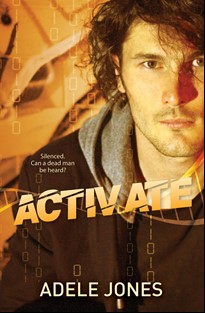PLEASE NOTE: This blog contains details that may distress some readers.
They say reality is stranger than fiction, and recent reports based on information acquired through ‘Freedom of Information Act’ suits revealed that is consistently true.
As you may know, my young adult novels are near science fiction. This means these stories are based around science that feels like it could happen, but in reality pushes out the boundaries of what is actually possible. That is, unless science catches up. Unfortunately, when you write stories exposing the underbelly of bioethics, that’s not always a good thing.
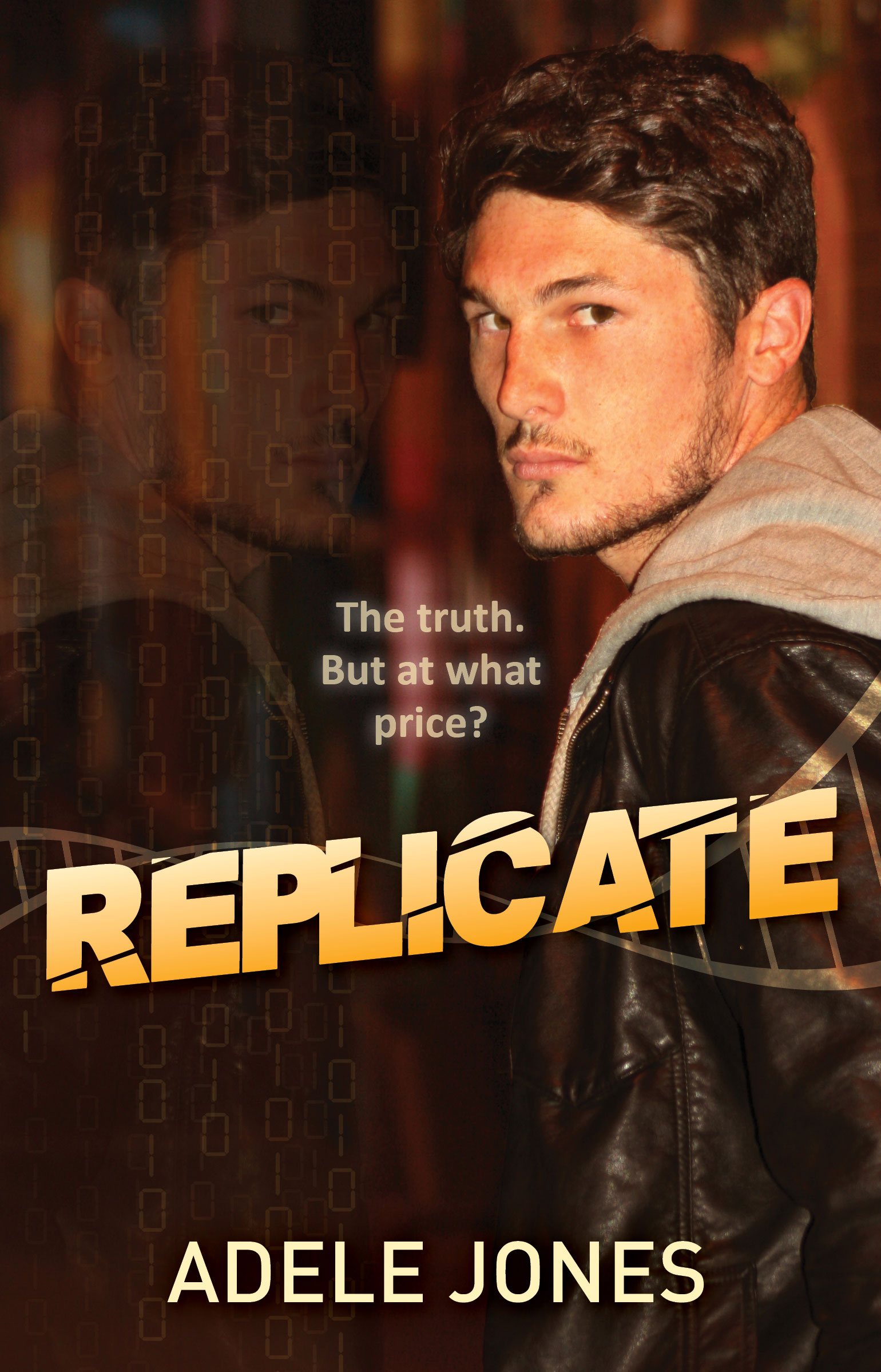 Replicate is the second novel in the ‘Blaine Colton Trilogy’ and it broaches the issue of embryonic cloning (hence the title). This sees Blaine accidentally uncover an international crime syndicate that appears to be selling off embryonic body parts—amongst other things. Fiction, right?
Replicate is the second novel in the ‘Blaine Colton Trilogy’ and it broaches the issue of embryonic cloning (hence the title). This sees Blaine accidentally uncover an international crime syndicate that appears to be selling off embryonic body parts—amongst other things. Fiction, right?
Actually, this idea was sparked by genuine reports of foetal-organ-trafficking. As I delved into it, there was clear evidence that this was occurring. Around the time of Replicate’s release, a report detailed the NIH had received funding to purchase human brains and organs from aborted babies to “spare mice pain and suffering”. This is despite the fact unborn babies feel pain and are not offered pain relief as they are dismembered during abortion procedures. The same article explained how there was an organ-processing service that would collect the bodies of aborted babies from clinics, dissect out their organs for individual packaging, then send those tissues to labs for research. Some even sent whole heads to “preserve fragile neural tissue”.
This practice of organ harvesting for profit was again reported in April 2017 with admissions of price haggling over “specimens” from unborn babies as old as 24 weeks in utero. Fast track some years …
In June 2020, The Federalist reported that witnesses made statements under oath revealing “women’s healthcare” providers had dissected organs out of babies born alive. (Apparently some babies ‘“just fall out” of some women in the operating room’. Like, what?!) More recently, information acquired under FOIA included a price list for—you guessed it—body parts of aborted babies.
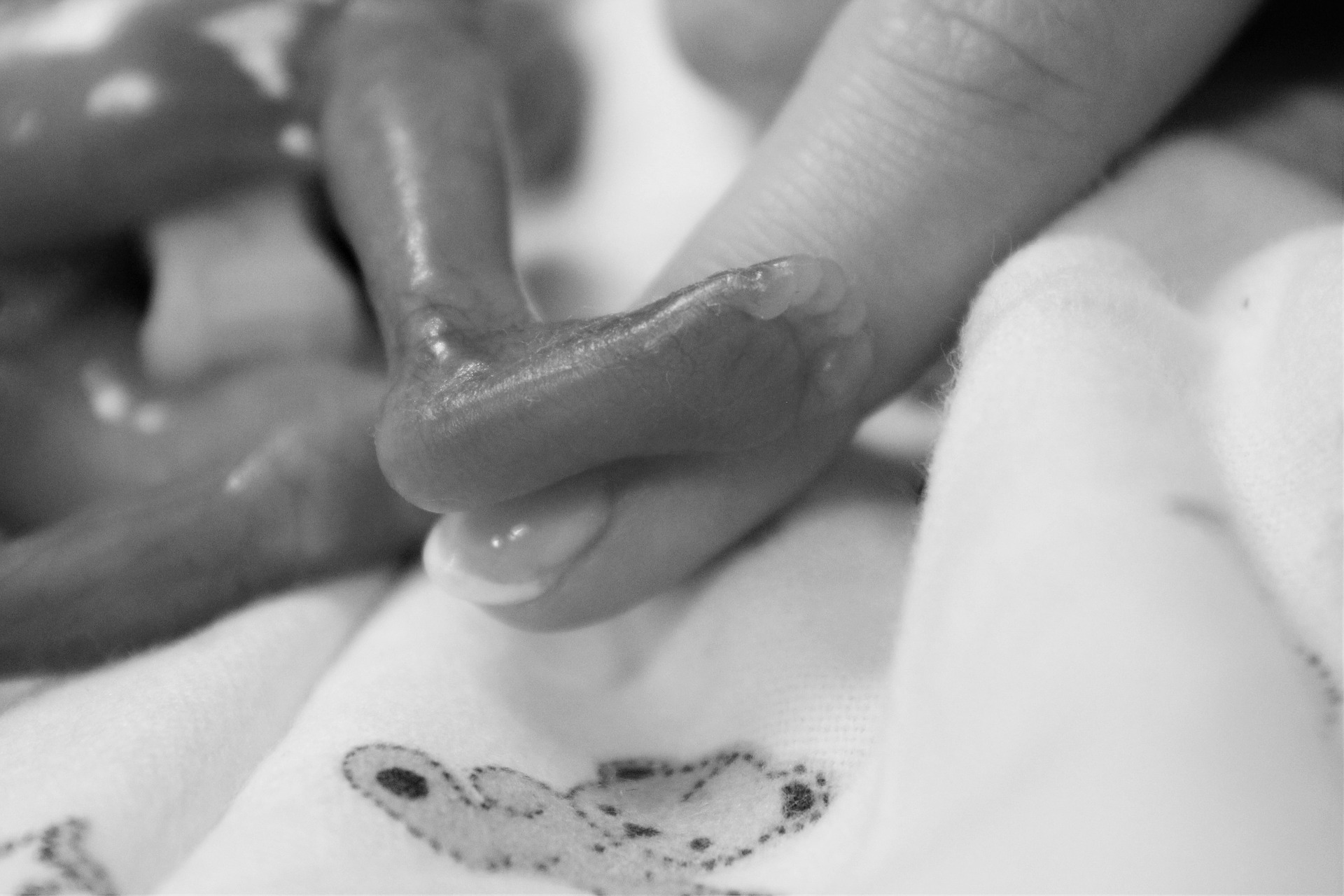
Cuts a little close to the bone, true? But it gets even more bizarre …
April this year Judicial Watch released an article detailing FDA purchases in recent years of fresh “foetal organs” to create “humanised mice” for the testing of biological drugs. (Yep, you read that correctly.) Advanced Bioscience Resources (ABR) based in California was contracted to supply human foetal tissue “with a gestational age of 16 to 24 weeks”. In March 2019 a lawsuit ordered HHS to release records about harvested tissue from aborted babies, with ‘… [t]he court [finding] “there is reason to question” whether the transactions violate federal law barring the sale of fetal organs.’
And yet … (Do we EVER learn???)
In April 2021 the Biden administration reversed President Trump’s policy that protected ‘… preborn Americans from the callous dehumanization of organ harvesting and further desecration of their bodies in research disguised as “science.”’ In June 2021 The Federalist report revealed boards overseeing human foetal tissue research, with the power to block research proposals for ethical reasons, were shut down. Also, the Centre for Medical Progress revealed shocking reports of NIAID at NIH funding studies that involved stitching the scalp of 5-month-old aborted babies onto rats for experimentation, along with killing infants delivered alive for harvesting of livers. And it gets even weirder, with other reports of guidelines for research surrounding the creation of human-animal (otherwise known as ‘chimeras’), and more.
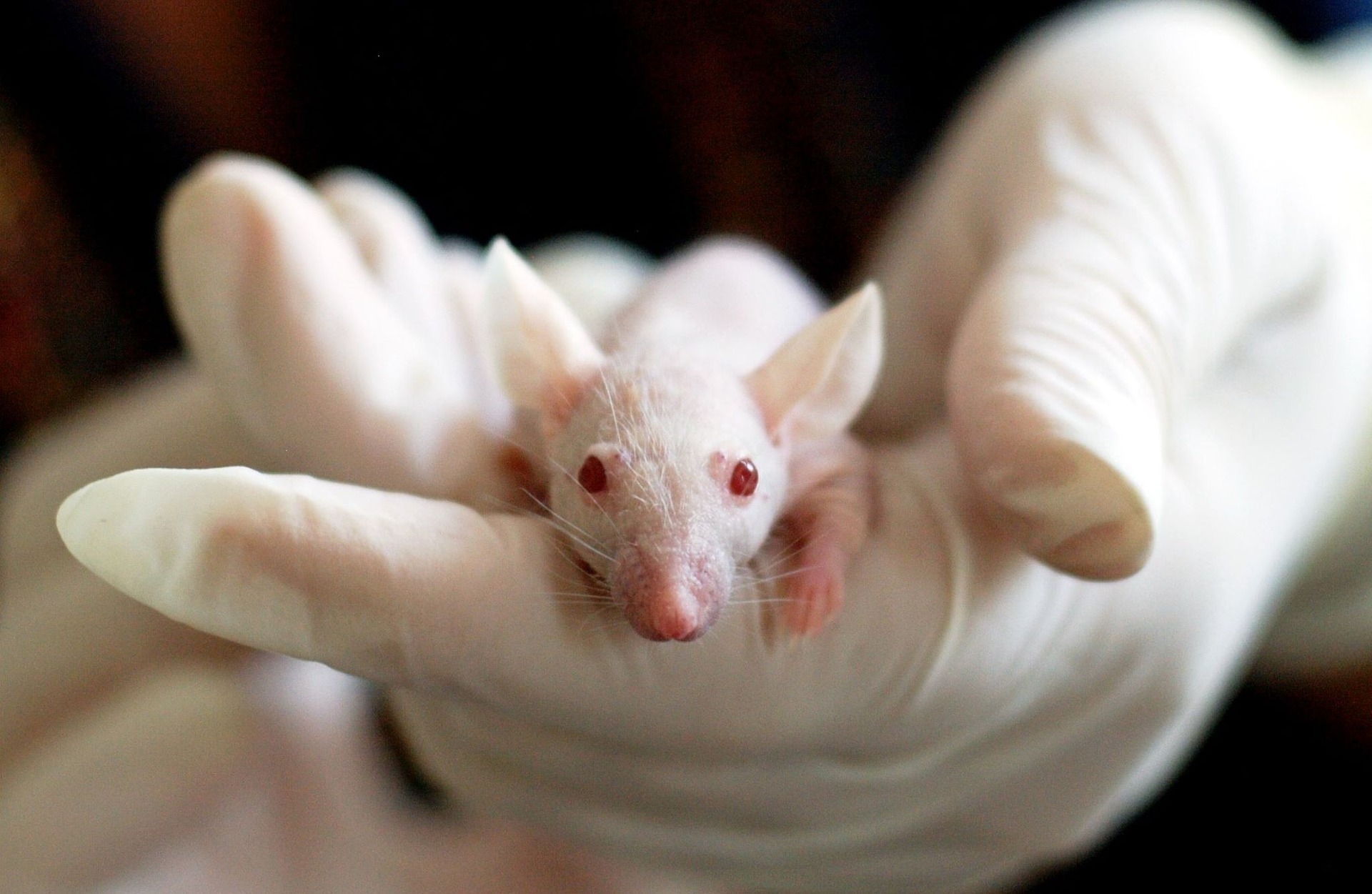
Even in light of my latest work in progress, where aborted children are being misused for a hellish, high-tech ploy, these above examples make my science fiction seem tame. I will not destroy the plot twists for you in the event this story gets published, but these organ-trafficking reports deliver alarming parallels to a number of elements in this new story. This unthinkable commoditising of the most vulnerable humans in our world makes me wonder when we’re going to stop and allow the horror of what this truly means to seep in. Large numbers of these are children who would have had an excellent chance of survival outside the womb. And yet, they are reduced to just another ‘cut of meat’ for the butcher to serve to their clients.
As always, the truth is much stranger, and significantly more horrifying, than fiction.

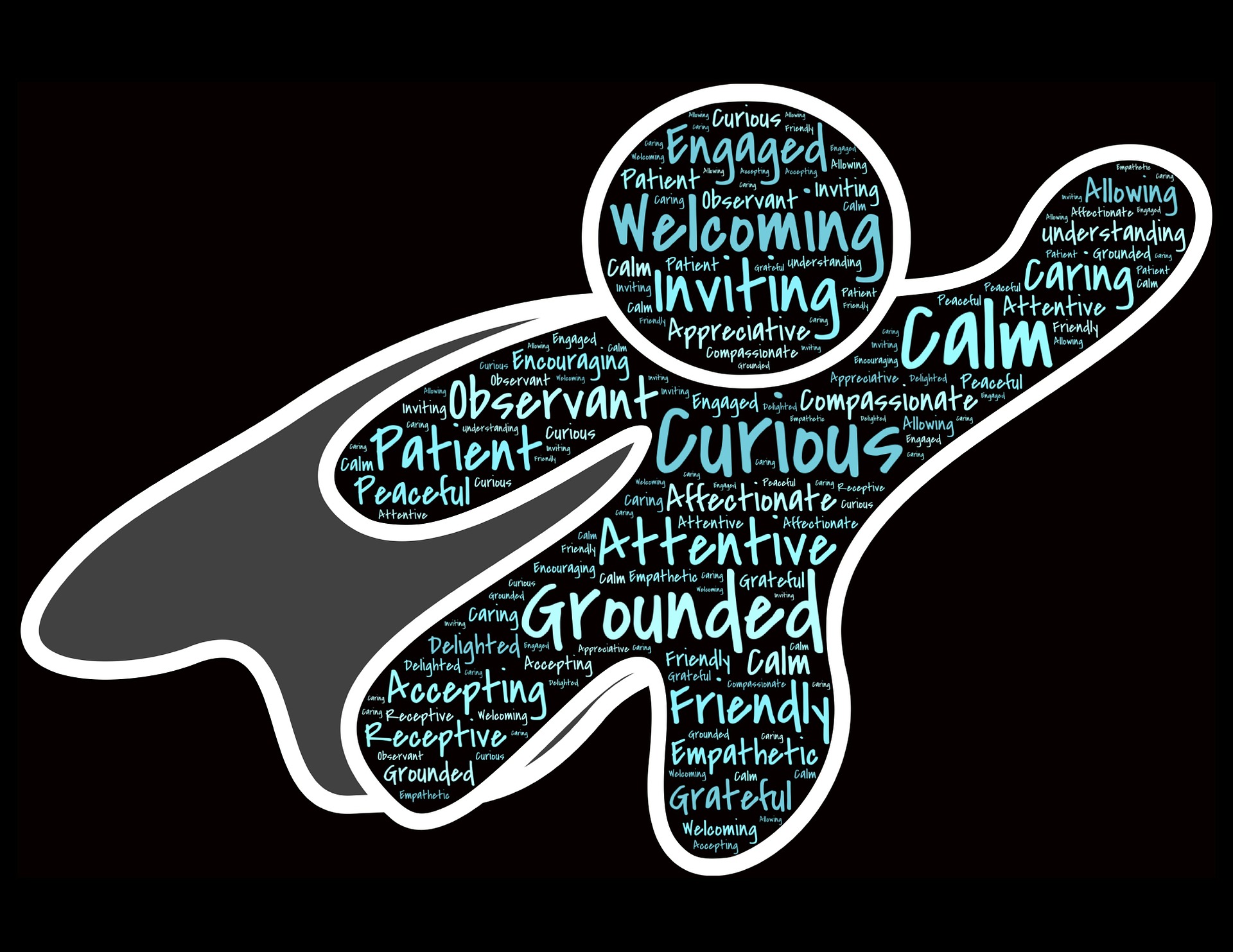
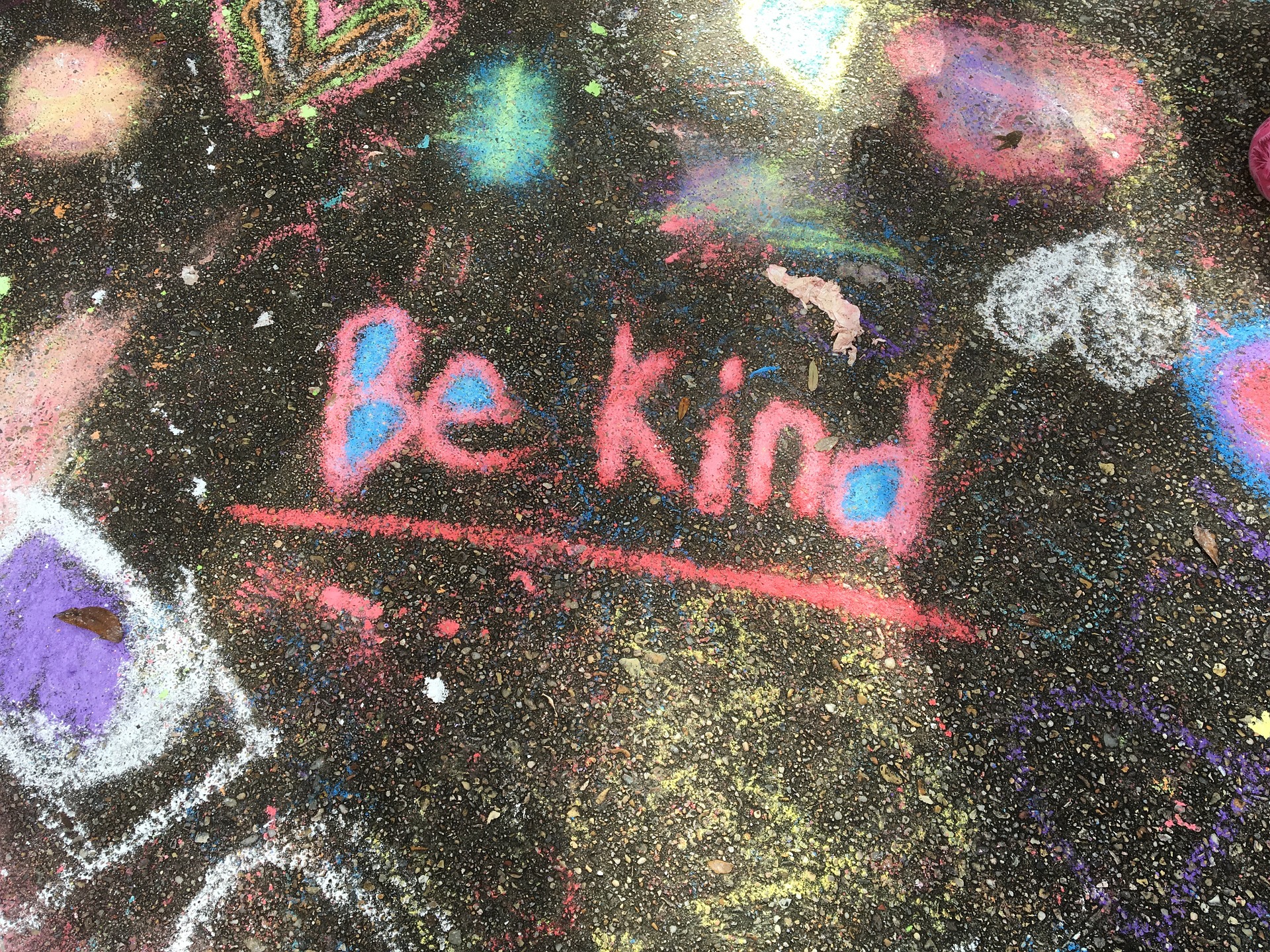

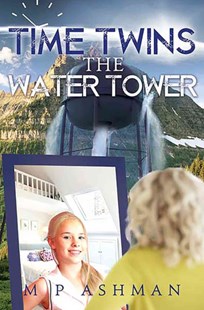
 M.P. Ashman was born in Maryborough, Queensland in 1985 but the family soon moved to Toowoomba, where Ashman has spent the majority of his life. Discovering a love of writing at eight years old, it was perhaps due to books such as The Neverending Story that his initial interest was in fantasy fiction. Many years later however, he began to carve out his niche in Science Fiction with the initially self-published offering Time’s Child in 2014. However, this and other self-published titles were withdrawn from the market in 2016, with a view to seeking traditional publication. The main characters of the Time Twins series were initially conceived in 2003 whilst Ashman was still at school, but it would not be until many years later that they would find their voice and their story. Ashman continues to live in Toowoomba with his family including his cat, Prue.
M.P. Ashman was born in Maryborough, Queensland in 1985 but the family soon moved to Toowoomba, where Ashman has spent the majority of his life. Discovering a love of writing at eight years old, it was perhaps due to books such as The Neverending Story that his initial interest was in fantasy fiction. Many years later however, he began to carve out his niche in Science Fiction with the initially self-published offering Time’s Child in 2014. However, this and other self-published titles were withdrawn from the market in 2016, with a view to seeking traditional publication. The main characters of the Time Twins series were initially conceived in 2003 whilst Ashman was still at school, but it would not be until many years later that they would find their voice and their story. Ashman continues to live in Toowoomba with his family including his cat, Prue.